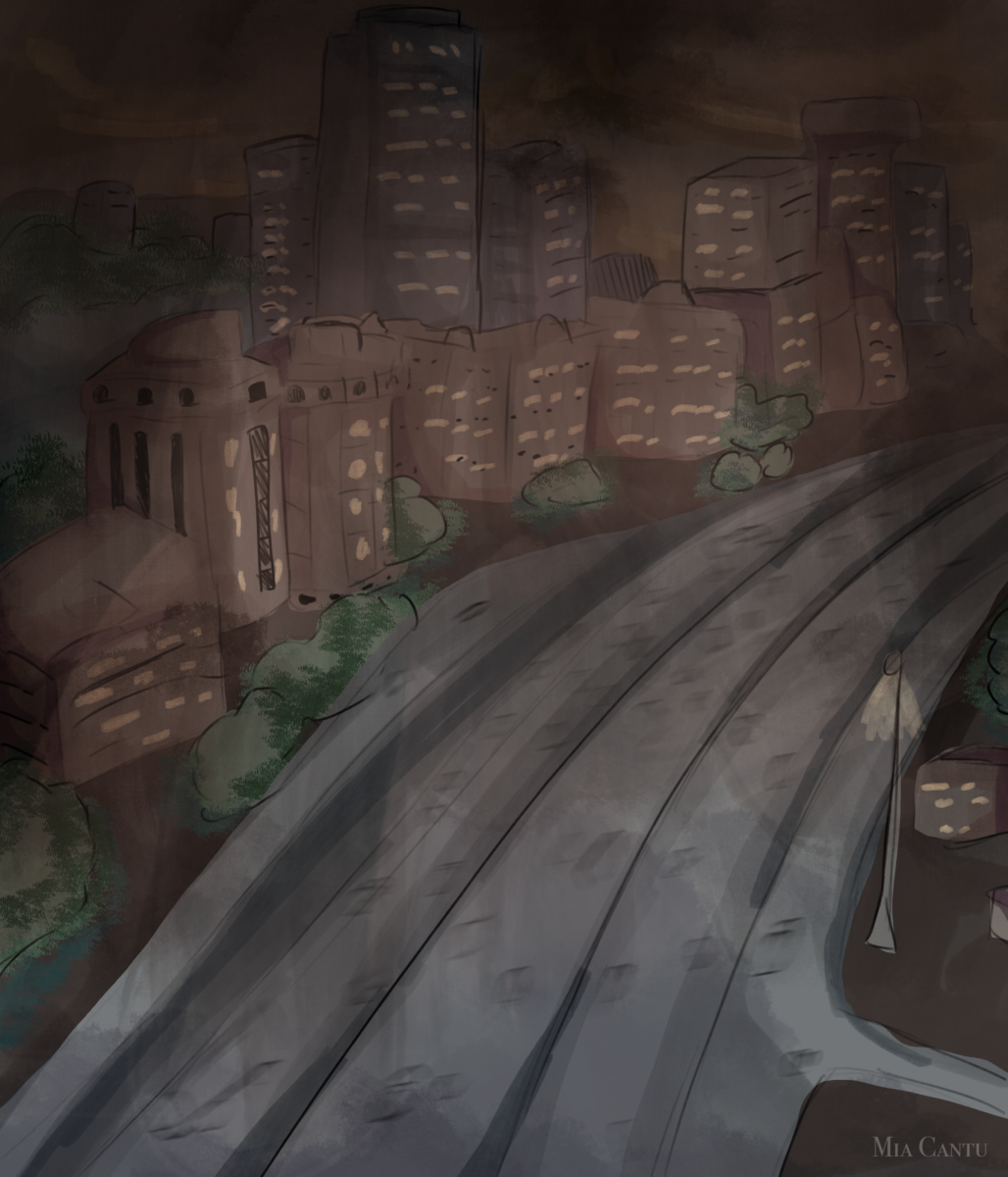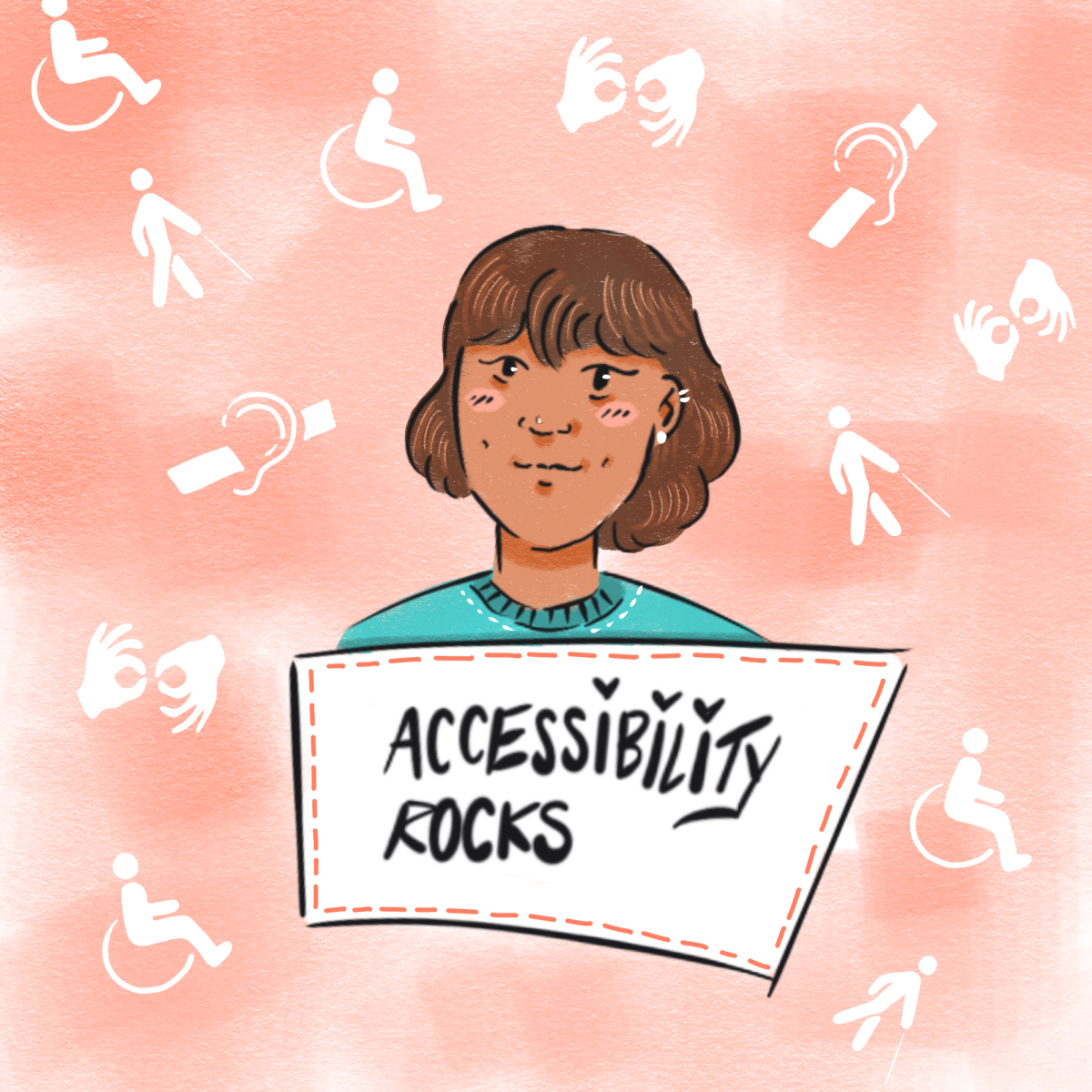Editor’s Note: The implementation of Senate Bill 17 meant the loss of diversity, equity and inclusion offices, positions and resources throughout campus. The Texan’s projects department reached out to various members of the UT community to find out how SB 17 changed their experiences on the Forty Acres. These are their stories.
UT’s former Gender and Sexuality Center is what brought Nikki Hewett to the University. As a prospective student, they attended a virtual tour of the Center and thought, “That’s going to be the place I spend time on campus.”
The health and society junior has been part of the Center’s Student Leadership Committee, now the Gender and Sexuality Collective, since their freshman year. Although the group doesn’t have specific leadership positions, Hewett serves as an acting president.
Hewett and the rest of the former leadership committee found out fairly early about Senate Bill 17, spending all of last fall thinking about what it could mean. Hewett said even the Center’s directors didn’t know what impact the bill would have at first because of how vague the legislation was.
“(SB 17) was very emotional since I had been so involved with the Center my entire time here,” Hewett said. “So it was a shock and also so confusing.”
The directors took the leadership committee’s members aside in November to inform them that the GSC would be renamed the Women’s Community Center. They also would have to get rid of affiliated clubs and LGBTQ-centered clubs to come into compliance with SB 17.
This meant the leadership committee would have to begin operating separately from the Center and lose their University funding. They rebranded as the Gender and Sexuality Collective, taking on the responsibility of serving LGBTQ+ students.
“It was a lot. I know the directors definitely felt a bit guilty,” Hewett said. “(They were) saying, ‘We’re sorry, but this is going to fall on you now.’ … It is a bit of a daunting task to suddenly have all of these jobs.”
When Hewett came back to campus after winter break, everything had changed. The Center door had a different name on it, the Women’s Community Center, and the space had been completely rebranded.
“It really stings to see the name change,” Hewett said. “For queer students, it sends a message to you that the University and the state of Texas in general doesn’t really want you in higher education, which is a very strong message to send.”
Since the implementation of SB 17, Hewett said they know other queer and trans students who no longer feel comfortable participating in University organizations or activities.
“The GSC has become like a catch-all for everyone who feels like they can no longer participate in what they were doing before, which is another added pressure,” Hewett said. “(The collective) has to be a safe space for the people who have been let down by the University.”
For most of the semester, the collective continued some of their usual activities in the space, including general meetings and weekly social hours, but with no affiliation to the Center. Hewett said the group had a lot of ideas but lacked the funding and membership to host the same kinds of events they held just last semester, like their Hot Chocolate Bar or Halloween Monster’s Ball.
“Now that we’re operating more on our own, we need more people,” Hewitt said. “It’s really hard to suddenly change the way your (organization) operates over winter break.”
On April 2, Hewett and the collective found their future in limbo again. The University announced the shutdown of the Division of Campus and Community Engagement and the closure of many programs within the division, including the Women’s Community Center. The Center will close permanently by July 5, 2024, and all employees were fired.
In a joint statement with fellow Women’s Community Center organizations Lotus Project and T Time, the Collective announced a new student committee in collaboration with Interim Dean of Student Affairs Katie McGee “comprised of people impacted by the dissolution of the WCC.” On Tuesday, the UT Student Government will vote on the WCC committee’s resolution to preserve the Center’s physical space.
“(The Women’s Community Center space) has been here since 2011, and in that time, 35+ student organizations and the student body at large have found a second home, a supportive community and an abundance of resources here,” an initial joint statement said. “We cannot allow this decision to deprive students of such an important space.”
Students found a valuable community at the Center, Hewett said, whether that was with new people or familiar faces they saw every day.
“GSC has always been a very tight-knit community; you don’t even need to know someone to share some very vulnerable things,” Hewett said. “You have that connection that you know you’ve had a shared struggle and a shared joy.”
Many LGBTQ+ students come to the University from homes, schools or communities where they lacked support and understanding, Hewett said.
“The GSC was (many students’) first experience having support from other queer people and being in community with other queer people,” Hewett said. “That was a very important thing to them and it can be life-changing and life-saving.”




















